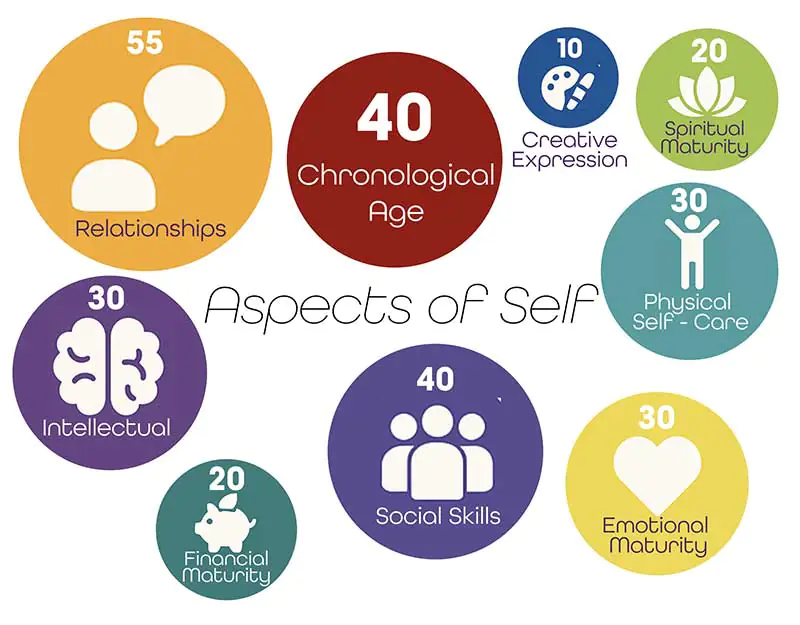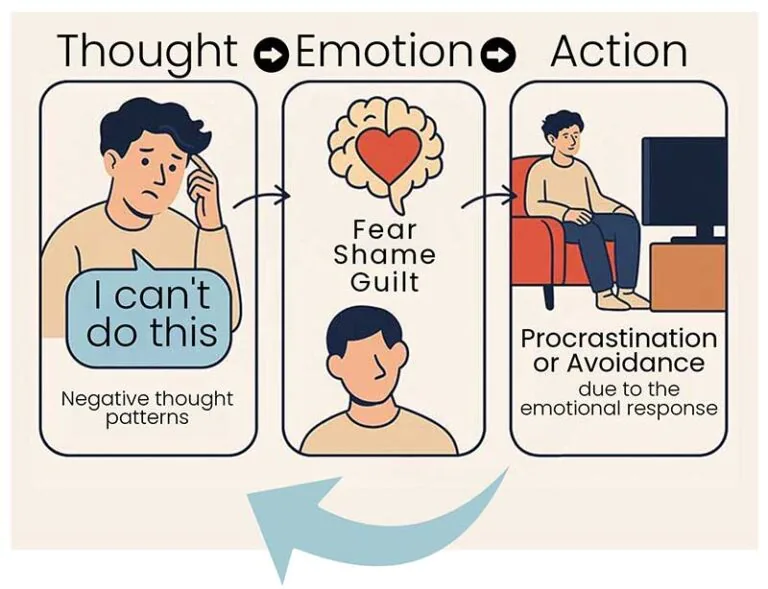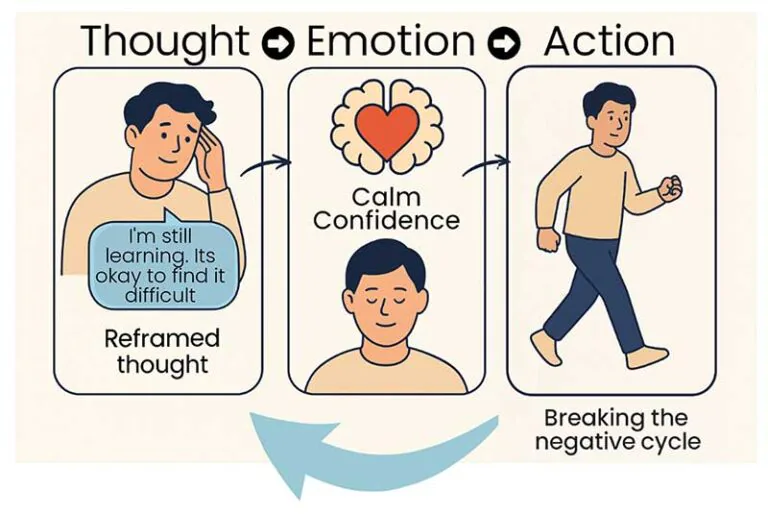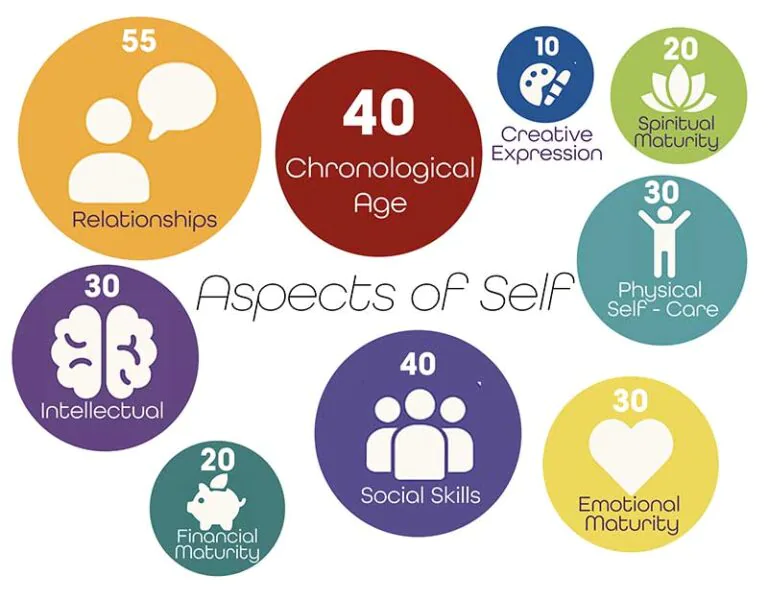Healing Through Reframing: Meeting the Needs Behind the Voice in Your Head

Estimated reading time: 7 minutes
Do you Ever catch yourself thinking, “I’m not good enough” or “I always mess things up”?
You’re not alone — and those thoughts aren’t random. They often come from deeper emotional layers, shaped by unmet needs, past experiences, and younger versions of ourselves still longing to feel safe and seen. Reframing negative thoughts can help shift this internal dialogue from self-criticism to self-understanding.
In this week’s Finding Your Zen session, we’re gently exploring the process of reframing negative thoughts — not with toxic positivity, but with self-compassion and clarity.
Table of contents
- A Thought Is Not Just a Thought: Why Reframing Negative Thoughts Matters
- The Thought → Emotion → Action Loop
- Why Reframing Negative Thoughts Works: Unmet Needs and Inner Parts
- Understanding the Thought Habits We Inherit
- The “Aspects of Self” Visual: A Map to Inner Clarity
- A Simple Reframe Library to Get You Started
- Final Thoughts on Reframing Negative Thoughts
- FAQs About Reframing Negative Thoughts
A Thought Is Not Just a Thought: Why Reframing Negative Thoughts Matters
Many of us were never taught how to work with our thoughts. We tend to either push them away or accept them as truth. But what if those thoughts are actually messages? What if that critical voice is a part of you — perhaps a younger, more vulnerable part — trying to get your attention?
By reframing negative thoughts, we learn to listen more deeply. Instead of reacting, we respond. We pause and ask, “What does this part of me need right now?” — and that’s where real healing begins.
The Thought → Emotion → Action Loop

A single thought can set off a powerful internal chain reaction.
Let’s say the thought is:
“I’m not good enough.”
That thought triggers emotions – shame, anxiety, fear.
Those emotions lead to action – maybe procrastination, withdrawal, or overworking to prove yourself.
And the loop continues, reinforcing the original thought.
When we begin reframing negative thoughts, we interrupt this loop. We shift from automatic reaction to conscious reflection.
Instead of:
“I’ll mess this up.”
You might reframe it as:
“I’m feeling nervous because I care about doing well. That’s okay — I’ve handled things like this before.”
This small shift creates space for more balanced, grounded action.

Why Reframing Negative Thoughts Works: Unmet Needs and Inner Parts
Often, the voice in our head isn’t our grown-up self at all — it’s an inner child, still waiting to be comforted.
That younger part might carry memories of rejection, fear, or not being enough. So when life feels hard, they speak up in the only way they know — through self-doubt or overthinking.
By reframing negative thoughts, we’re not ignoring those voices. We’re learning how to meet them with kindness.
Sometimes all that part needs is to hear, “I see you. You’re safe now.”
This approach isn’t about sugarcoating. It’s about shifting the inner tone — from judgment to care.
Understanding the Thought Habits We Inherit
We all have what psychologists call cognitive distortions — mental shortcuts we develop over time. The NHS website on self-help for anxiety explains how reframing can reduce the impact of these patterns and build emotional resilience.
Some common distortions include:
- All-or-Nothing Thinking: “If I don’t do this perfectly, I’ve failed.”
- Catastrophising: “If I make one mistake, everything will go wrong.”
- Mind Reading: “They didn’t reply — they must be upset with me.”
- Should Statements: “I should be able to handle this.”
These thoughts feel real, but they often come from the past. They served a purpose once — to protect us — but now they hold us back. And we can begin changing them, one reframe at a time.
The “Aspects of Self” Visual: A Map to Inner Clarity
We’re made up of many inner parts – not just our chronological age, but our emotional, spiritual, and social maturity, too. You may be 40 years old, but parts of you might still feel 12 when it comes to asking for help, or 8 when you’re overwhelmed.

Understanding these “inner ages” helps us realise why certain thoughts feel so powerful. That voice of doubt? It may be the part of you who wasn’t supported as a child, not your current capable self.
This week’s Finding Your Zen session includes a visual tool to help map these aspects. It’s a powerful starting point for working with your inner dialogue in a deeper way.
A Simple Reframe Library to Get You Started
To help build new inner habits, try creating your own “Reframe Library.” It’s like emotional first-aid — a collection of phrases that offer balance and care when you’re spiralling.
Try these:
- “I’m learning, not failing.”
- “This is hard, but not impossible.”
- “It’s okay to pause and try again.”
- “I can feel anxious and still move forward.”
- “This thought might not be true — what else could be possible?”
Write them in a notebook or keep them in your phone. Reach for them when your mind gets loud.
Final Thoughts on Reframing Negative Thoughts
Reframing negative thoughts isn’t a one-time fix — it’s a gentle, ongoing practice.
Some days you’ll catch your thought patterns early, other days you’ll fall into old loops. That’s okay. The goal isn’t perfection — it’s awareness, compassion, and progress.
The more we practice, the more we build emotional resilience. And over time, that inner critic becomes quieter — not because it’s gone, but because it’s finally been heard.
If this blog resonated with you — if you’ve recognised patterns in your thinking or glimpsed younger parts of yourself steering the wheel — you’re not alone. And you don’t have to navigate it alone, either.
My Finding Your Zen workshop series was created for exactly this kind of inner work — gentle, grounded, and real. In Session 3: Noticing and Reframing Thoughts, we explore how to identify unhelpful mental patterns, understand the underlying unmet needs that drive them, and initiate the powerful process of reframing negative thoughts with compassion and clarity.
Whether you’re just beginning your journey or deepening your self-awareness, this session will provide you with tools that you can carry with you every day — not just to cope, but to grow.
You’re invited. Come as you are.
Let’s shift the way we speak to ourselves — one kind thought at a time.
Stay Connected with The Zen Rooms
Join our online community to connect with like-minded souls on a shared journey of healing, growth, and inspiration.
Want real-time updates, event reminders, and gentle nudges of encouragement? Join our WhatsApp Community and never miss a moment.
Explore More from The Zen Rooms
If today’s post resonated and you’re curious to explore the more esoteric or energetic side of thought work, you might enjoy our Spiritual Development blog on the same theme:
👉 Energetic Frequency of Thought: How Reframing Your Mindset Raises Your Vibration
A deeper dive into the vibrational impact of belief systems, aura awareness, and spiritual reframing.
Looking for a simple way to quiet the mind and reconnect with your breath?
👉 Harness the Power of Now: 5 Unmissable Steps to Start Meditating Today
A beginner-friendly guide to building a calming, consistent meditation practice—even if your mind feels busy.
FAQs About Reframing Negative Thoughts
Reframing a negative thought means recognising when your inner dialogue is unhelpful and choosing to shift your perspective. Instead of automatically believing the worst, you pause, reflect, and offer yourself a more balanced or compassionate alternative. It’s not about ignoring your feelings — it’s about responding with kindness rather than judgment.
These thoughts often come from deeper emotional layers, shaped by past experiences or unmet needs. They can be the voice of a younger part of you that felt unsupported or judged. In our Finding Your Zen workshop series, we explore how these inner voices often come from your “inner child” — and how meeting them with compassion can begin to heal long-held emotional patterns.
Reframing interrupts the thought → emotion → action loop that often leads to stress, anxiety, or procrastination. By shifting how you interpret your thoughts, you can reduce emotional overwhelm and make space for more grounded, empowered responses.
Not at all. Reframing isn’t about pretending everything’s fine or plastering on a smile. It’s about being honest with yourself while also choosing not to feed the harsh inner critic. It’s a practice of emotional honesty with self-compassion.
Yes! Finding Your Zen workshops are currently held in Nottinghamshire, with both morning and evening sessions available on Wellness Wednesdays. If you’re local, you’re welcome to join — and if you’re part of a group or organisation that would benefit from a workshop, Neil can arrange a dedicated session at your location. Just get in touch to discuss availability and options.







Responses